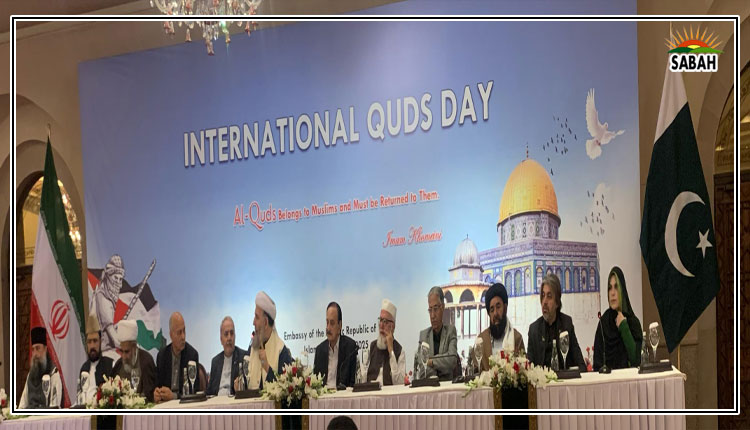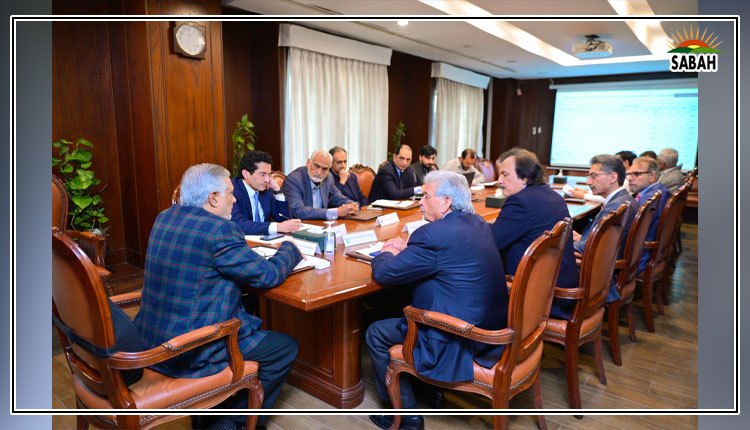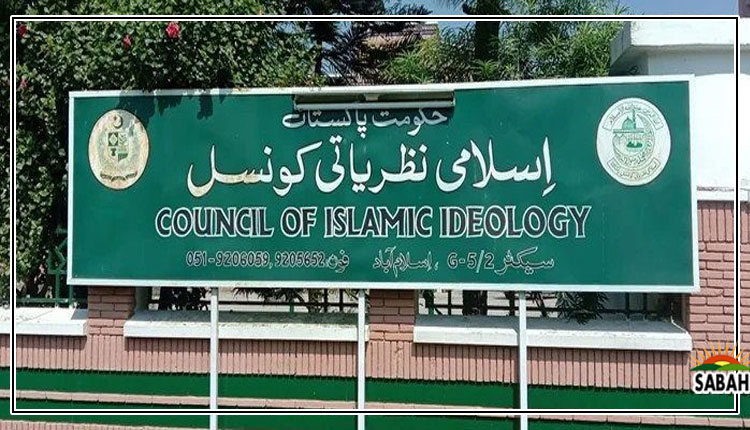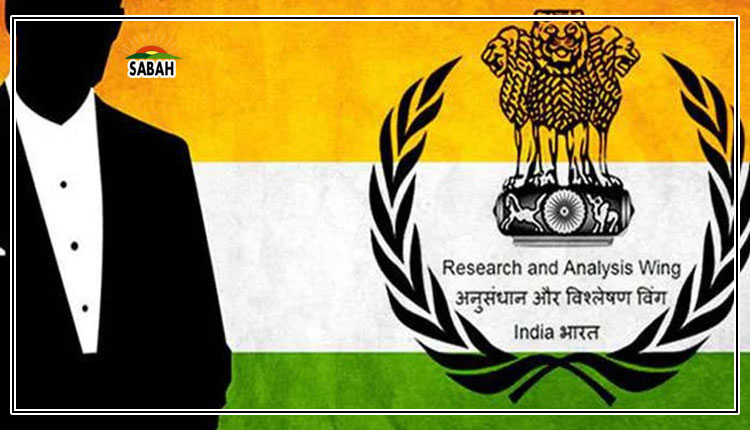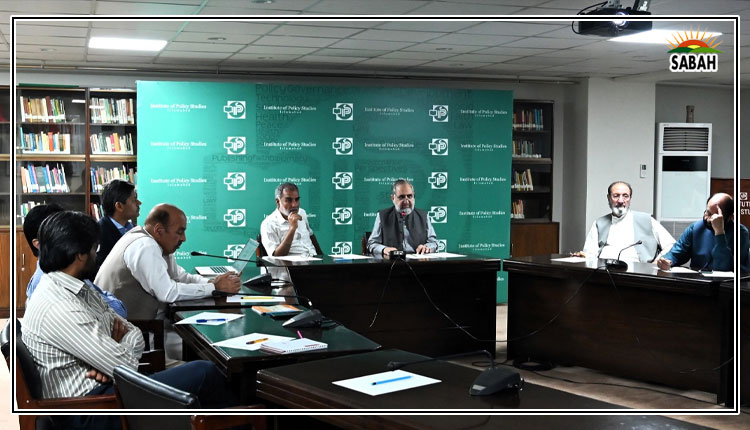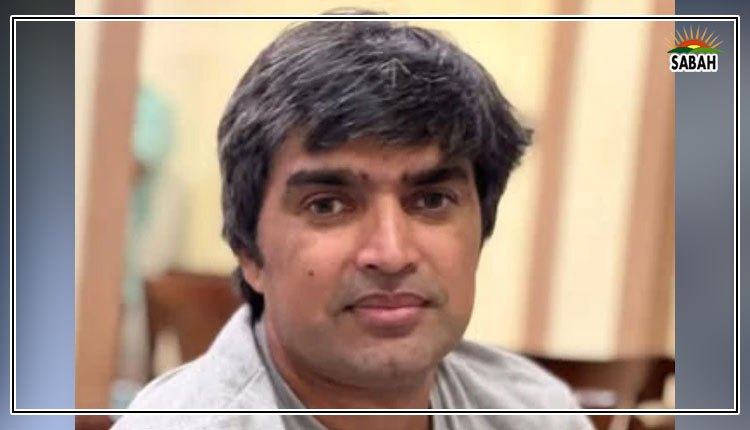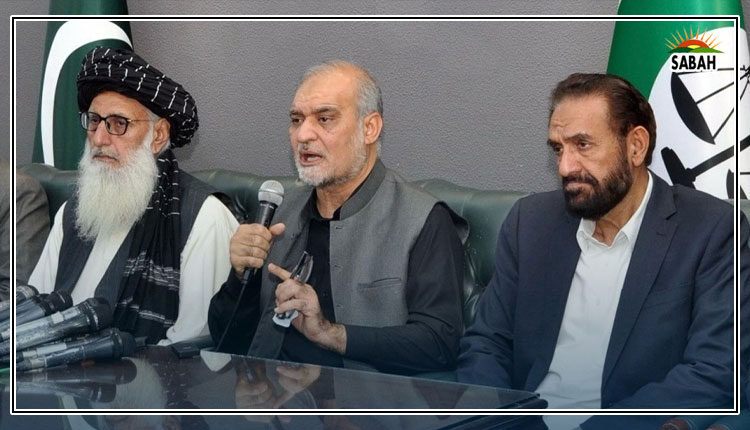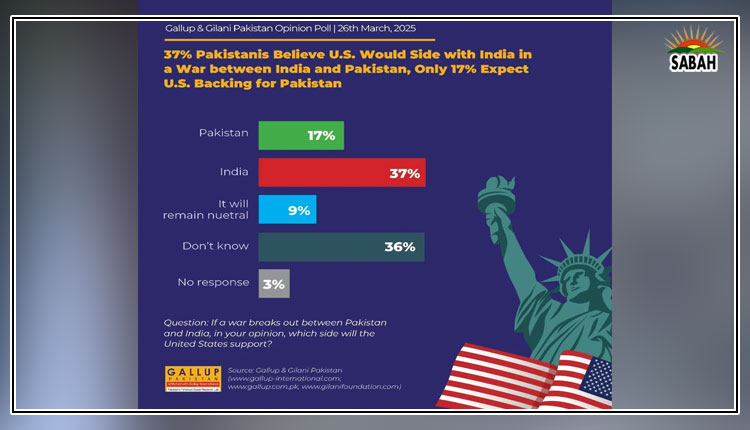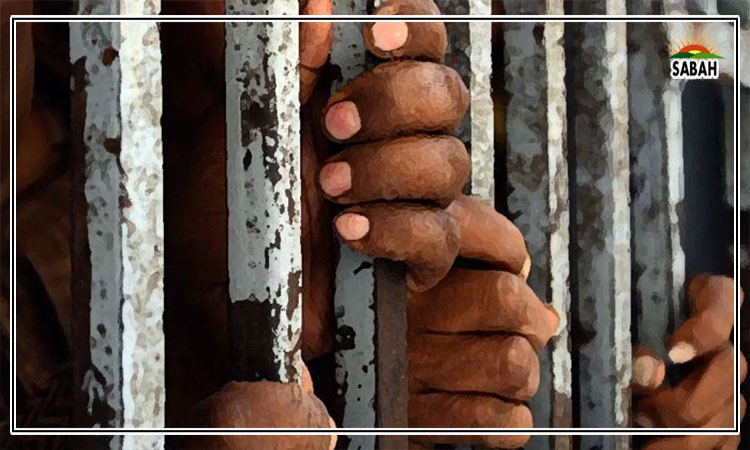The children left behind ….Dr Adeela Ahmed Shafi
You may be reading this and thinking: why an article on juvenile justice, what even is it and why in Pakistan? We have so many other problems – how can we even think about those youngsters who have committed crime, never mind thinking about education in jail for them?
Well, that is exactly what I am asking you to think about. You might ask what a second-generation British Pakistani would know about Pakistan’s problems. Maybe I do not know enough – but what I do know is that children are children everywhere and have the same rights whether they are in America, Brazil, Dubai or Pakistan, whether they are rich or poor, whether they are black or white, boy or girl, Muslim or non-Muslim, immigrant or refugees and whether they are incarcerated or not.
Indeed, Pakistan agrees with me because back in 1990 it signed the United Nations Convention on the Rights of Children (UNCRC), a legally-binding international agreement, which states in Article 28 (from 54 articles) that “Children and young people have the right to education no matter who they are: regardless of race, gender or disability; if they’re in detention, or if they’re a refugee.”
Ratifying such international agreements means that countries commit to ensuring they fulfil the obligations within those agreements and that governments take on the responsibilities for what the agreement entails.
In Pakistan juvenile justice and education is within its infancy. However, that assumes that it will eventually mature. In Pakistan, though, incarcerated juveniles are one of the most forgotten and least considered sections of society. Pakistan’s issues are challenging, but no more challenging than other countries in similar situations. And in any case, it is inevitable that a government will have challenges because it has to meet the diverse needs of a diverse population with finite resources. All must be addressed in tandem and form part of the day-to-day activity of any state.
To that end, educating children convicted of crimes in jails should be as much a priority as educating children in mainstream schools. Why? Because if a child has committed a crime then they need even more support and education to help them to get out of it. In fact, children who find themselves incarcerated tend to be from poorer families, of immigrant or refugee status, have additional needs or disabilities and are more likely to have a parent in prison, making them more vulnerable in society. This is not just the case in Pakistan, but tends to be the same in countries all over the world. Again, Pakistan is no exception.
There are an estimated 1700-2000 children in Pakistani jails, but nobody knows the true figure. As many as 89 per cent are there without trial largely because they cannot afford nor have access to lawyers or their fees, according to research by Shujaat & Mirza back in 2015 (I have not yet come across more recent data).
Given the often squalid conditions of prisons in Pakistan, education is much lower down the priority list for the country. However, Pakistan is bound by its international obligations and so must find a way to ensure it meets these. To do that, it needs to focus on a fair judicial system and ensure that all children are given a fair trial in a timely way so that incarceration is the last resort and for the shortest possible time (UNCRC, Article 37).
Pakistan has made some efforts in the last quarter of a century, so let’s take a look at those. Back in 2000, the government established the Juvenile Justice System Ordinance (JJSO) as the national framework governing juvenile offenders. This aimed to provide protection for the rights of children in conflict with the law and their rehabilitation. However, despite this positive step, implementation was fraught with challenges, such as neglect by subsequent governments, a low priority status and other conflicting laws – which the JSSO could not override.
In recognition of this, the government passed the Juvenile Justice System Act (JSSA) 2018. This was a welcome change in the law designed to overcome some of the challenges for the JJSO. Significantly, the JSSA set out some key changes which on paper were quite forward-looking and included: determining the age of the offender; raising the minimum age of criminal responsibility from 7 to 10 years; disposal of cases through diversion; introduction of Juvenile Justice Committees; and introduction of Juvenile Rehabilitation Centres (JRC).
However, despite these seemingly positive changes, the problems are a list as long as your arm. For example, little to no allocation of financial and human resources, a lack or no training for police nor for the judiciary handling juvenile cases. No establishment of juvenile courts, nor of the Juvenile Justice Committees or Juvenile Rehabilitation Centres (except two). Implementation mechanisms have been weak with an inadequate infrastructure.
Additional problems include policing issues, an under-developed youth justice system and little or poor facilities for children in prison. All of these problems are underpinned by an absence of sustained political will and commitment which has meant that a child-friendly justice and rehabilitation objective remains a pipedream.
Despite some political will – note the JSSO and JSSA – the education of children in jails is clearly not a priority. Having been working in this field for many years in European and Western countries, I feel it is my duty, as someone with Pakistani heritage, to bring this passion to Pakistan and raise awareness in this country.
So what do I, in my humble opinion, think is needed to change the situation in Pakistan? First, creating public awareness is key. Just because a country has many problems does not mean it is OK to disregard the most vulnerable in society.
Second, an allocation of resources and guidance or training to implement the JSSA (2018) has to be an area of focus. This needs to include training for the police, the judiciary and trainee lawyers as well as jails themselves. At present, there are only four dedicated juvenile jails – two in Punjab, one in Faisalabad and one in Bahawalpur. To achieve all these, it is necessary to prioritize juvenile justice and bring it higher up the political agenda. Given the number of children in prisons without trial, the government must find a way to educate those children because they are technically under the care of the state.
This change in thinking is absolutely possible – just look at the discourse on women’s empowerment in Pakistan. Change is slow but, as an outsider, I can see that people’s views are shifting.
This same shift can happen with juvenile justice too. Enough of saying ‘ho jaye ga’ – it needs to happen now.
The writer is a professor of education in youth justice, University of Gloucestershire, UK.
Courtesy The News


